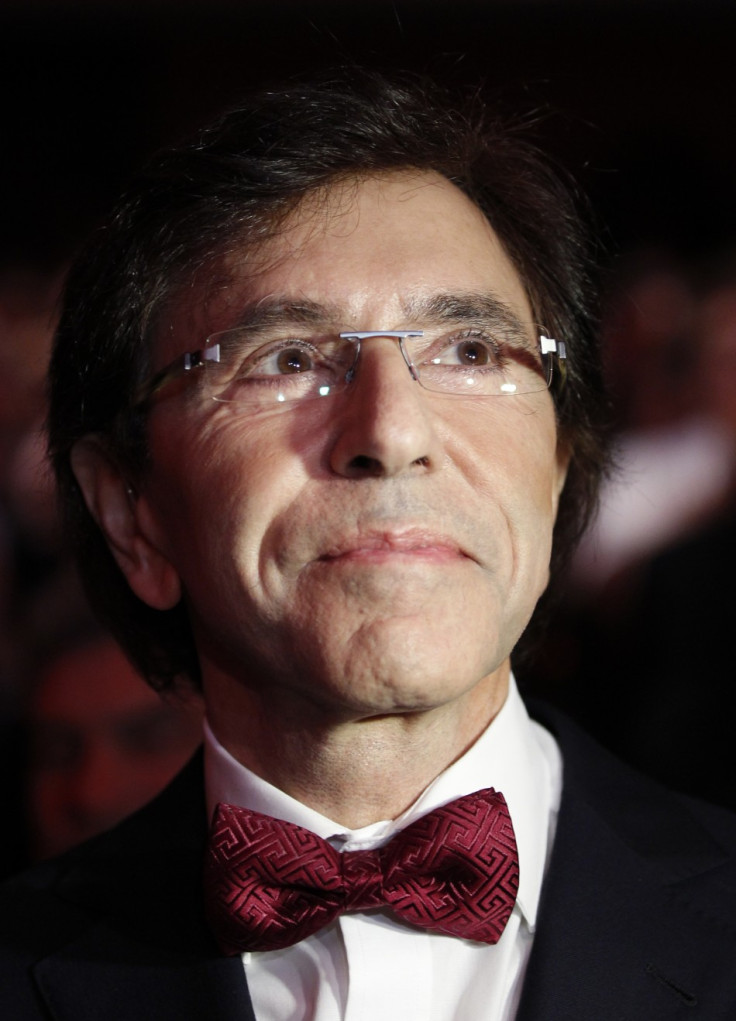Belgium: Immigrant Son Becomes PM After 535 Days

Belgium has a Prime Minister after going for more than a year and a half without a government.
Socialist leader Elio Di Rupo was appointed Prime Minister of Belgium after the country went a record 535 days without a government.
Since an election in June 2010, the country has had a caretaker government under Yves Leterme, who is leaving to join the Organisation for Economic Cooperation and Development.
Mr Di Rupo will be Belgium's first French-speaking prime minister since 1974.
With Italian parents, Di Rupo is also the country's first leader to have been born of immigrant stock and, as a socialist, he will be a rarity among European leaders.
The new chief, who is renowned for wearing bright red bow ties, heads a six-party coalition and faces major economic and social challenges.
Europe's debt crisis has spread to the formerly safe nation, as 10-year bond yields hit record highs of 5.875 percent on 25 November, though they have since dropped.
Spending cuts and tax rises worth about €11 billion (£9.5 billion) aim to bring the budget deficit down to 2.8 percent of GDP next year.
The European Commission has warned Belgium it could face EU sanctions if it fails to meet its economic targets.
The debt crisis has brought down many EU leaders, including those in Ireland, Portugal, Slovakia, Greece, Italy and Spain. In contrast, the bond markets in Belgium have essentially pushed a country without an elected government to create one.
The new leader, whose first language is French, takes the helm in a country divided between 6.5 million Dutch and 4.5 million French speakers. He lacks a majority among Flemish voters, who pay the highest proportion of taxes in the country. Many Belgians are also critical of Mr Di Rupo's poor Dutch.
In many ways, Belgium is a smaller version of the eurozone, with a wealthy northern region that has grown tired of subsiding a profligate south.
The grim economic outlook may mean more belt-tightening and Mr Di Rupo's EU colleagues want deeper reforms.
But he is determined to unite the country despite the challenges that lie ahead.
© Copyright IBTimes 2025. All rights reserved.





















